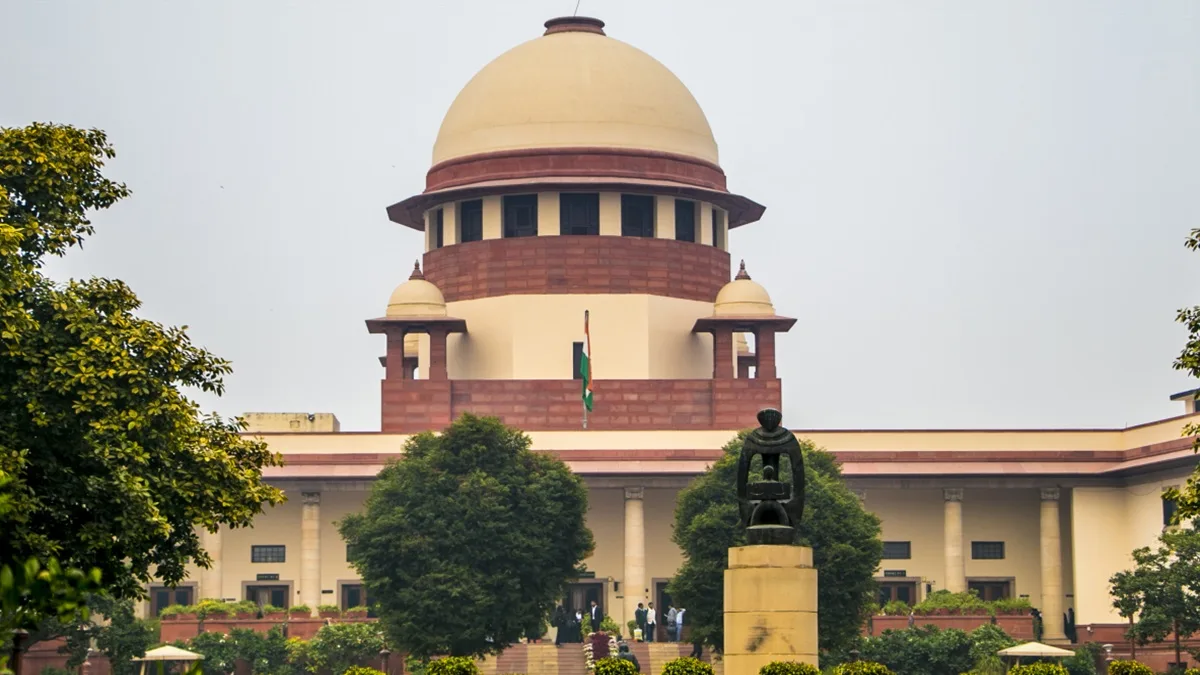New Delhi. The ATS of Maharashtra Police has challenged the Bombay High Court’s decision to acquit the bomb blasts in Mumbai’s local trains in 2006 in the Supreme Court. The Supreme Court will hear on 24 July 2025 on the petition of Maharashtra ATS. The Bombay High Court on Monday acquitted all the 11 accused as evidence. One accused has already died. Questions were being raised about the acquittal of the bomb blasts in Mumbai’s local trains by the Bombay High Court. Only after the Bombay High Court’s decision came, Devendra Fadnavis Sarkar of Maharashtra had said that it will challenge it in the Supreme Court on behalf of the ATS.
There were 7 bomb blasts in Mumbai’s local trains. The trial court held all the 12 accused guilty. At the same time, while delivering the verdict 19 years after the incident, the Bombay High Court said that the police did not provide strong scientific evidence in the court about the RDX and other things used in the bomb blast. The Bombay High Court also said that the police forcibly questioned the accused and took statements. Which is not valid under the law. While acquitting all the accused, the Bombay High Court also said that many witnesses in the bomb blast case in trains maintained silence first and then suddenly identified the accused. The court considered this behavior of witnesses unusual. At the same time, the Bombay High Court raised the question on several witnesses submitted by the police, saying that they had appeared in court in similar cases earlier. Because of which the credibility of these witnesses is questioned.
There were 7 blasts in local trains on the evening of 11 July 2006 in Mumbai. In just 11 minutes, serial bomb blasts caused chaos in Mumbai. 189 people died in these bomb blasts in local trains. Apart from this, more than 800 passengers were injured. Maharashtra ATS arrested 13 accused in the case. 15 others were declared absconding. Most of the absconding accused were said to be in Pakistan. The trial court sentenced 5 to death and 7 to life imprisonment. Another was acquitted by the trial court for lack of evidence.










